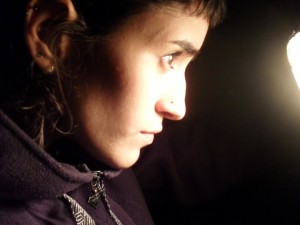June was very rewarding if only because I managed to cover three unsigned Uruguayan artists over the course of the month: Mal Yo, Laiojan Sebastian and Lucía Ferreira. The three of them are very promising bands and solo performers, and Laiojan Sebastian in particular was the reason I began writing about unsigned artists on MusicKO. Their inclusion on the blog was long due.
The one new artist that I added to the blog was The Divine Comedy – you can read the general introduction here, and a review of “A Secret History – The Best Of The Divine Comedy” here.
The startups that I covered during June were the social network SeeJoeRock, Mixtap.in (a site that brings mixtapes back for good), and the Tony-B Machine, a great resource for those wanting to create electronic music. I also covered TasteBuds, a site that will let you find that special other based on the music that you like.
And the entrepreneurs and startup founders that I interviewed were Majid ALSarra (from Lyreach), Caroline Bottomley (from Radar Music Videos) and Tony Bouchereau (creator of The Tony-B Machine)
Lastly, make sure to check out the most visited post of the whole month: Steve Moore, the mad drummer!

